detail profile paul leduc
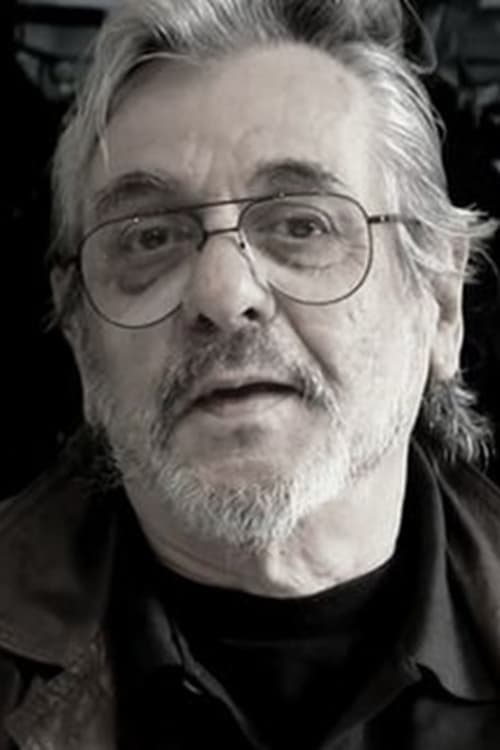
Riwayat Hidup
Paul Leduc Rosenzweig (March 11, 1942 – October 21, 2020) was a Mexican film director.
One of Leduc's most acclaimed works is Frida, naturaleza viva (1983 – marketed as Frida in the U.
S.
), a tribute to the indomitable spirit and determination of the painter Frida Kahlo.
Info Pribadi
Peran Yang Di Mainkan Paul Leduc
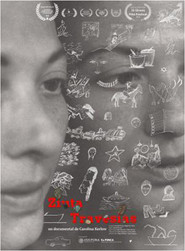 Ziuta Polish Jewish and survivor of...
Ziuta Polish Jewish and survivor of...Ziuta Travesías 2024
Ziuta, Polish, Jewish and survivor of the Second World War, was an extraordinary woman who aroused special devotion. Her political commitment and participation in supporting the clandestine struggle, beyond being a virtue, were a direct and almost biological part of it. Ziuta had the determination, being just a teenager, to resist exile with fortitude, saving her mother and another family from perishing in flight. Despite the horrors and hardships, she maintained a grateful attitude toward life. These characteristics, and her particular sense of humor, permeate her story, even in chapters with painful themes: the death of her father, her madness; her suicide attempt in the Caspian Sea and her decision to come to Mexico, where she rebuilt her life and lived with artists, writers, dancers and filmmakers at a time of great cultural effervescence in the country, even participating as an actress in some films. .
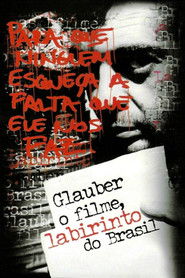 Documentary about Brazilian filmmaker Glauber Rocha...
Documentary about Brazilian filmmaker Glauber Rocha...Glauber Rocha - The Movie, Brazil's Labyrinth 2003
Documentary about Brazilian filmmaker Glauber Rocha, one of the most important names in the Cinema Novo, with interviews with some of his friends and colleagues.
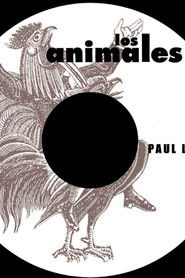 A compilation of 20 Mexican childrens song...
A compilation of 20 Mexican childrens song...The Animals 1850 - 1950 1995
A compilation of 20 Mexican children's song, composed from 1850 to 1950, ranging from lyrical to surrealist, illustrated with digital animation.
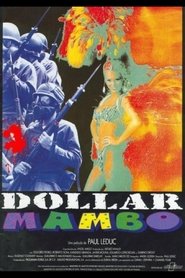 Music and dance nurture the story...
Music and dance nurture the story...Dollar Mambo 1993
Music and dance nurture the story of a group of people who live in a popular neighborhood. The invasion of North American soldiers to Panama will break the tranquility of the place bringing a wave of violence with them.
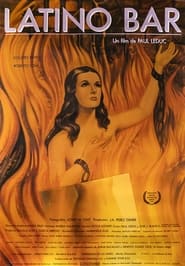 A woman working in a caribean...
A woman working in a caribean...Latino Bar 1991
A woman working in a caribean Cabaret meets a man in the harbour that just went out of jail. They recognise in each other common feelings of rage and fury and then they fall in love in a story without words.
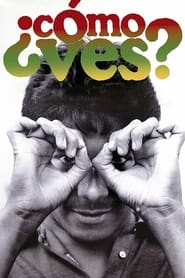 AwardWinning filmmaker Paul Leduc Frida Naturaleza...
AwardWinning filmmaker Paul Leduc Frida Naturaleza...What Do You Think? 1986
Award-Winning filmmaker Paul Leduc (Frida, Naturaleza Viva, Reed: Insurgent Mexico, Barroco) directed this gritty musical drama about life in the ghettos of Mexico City during the 1980s. With a soundtrack of Mexican rock music, the camera takes the viewer through the streets, to rock concerts, and to the bars and clubs, where he exposes the hunger, repression, unhealthy conditions and violence in the marginal communities of Mexico's capital city.
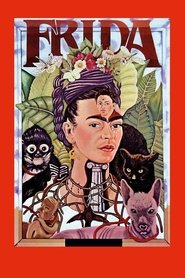 This film is a chronicle of...
This film is a chronicle of...Frida Still Life 1986
This film is a chronicle of painter Frida Kahlo, and her encounter with the personalities of her time. Despite being confied to a wheelchair as a result of polio, operations and amputations, she faces and traces some of the most colorful and controversial aspects of Mexican history, during the dominant time of Mexican muralism.
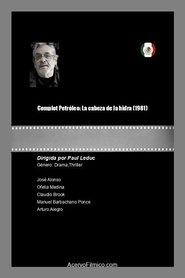 While Mexico swims in the oil...
While Mexico swims in the oil...Complot Petróleo: La cabeza de la hidra 1981
While Mexico swims in the oil veins that were deeded to him by the Devil, a bureaucrat is thrown into a whirlwind of intrigue and international espionage where he discovers that the guts of the beast in charge are one and the same, and the evacuation conduit itself. : We are the shit of that monster. At the same time, a man and a woman discover that behind their passion there is a dark reality that drives them to disguise as action what is only hunger, suffering, desire.
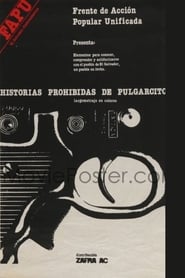 It is a cinematographic adaptation made...
It is a cinematographic adaptation made...Forbidden Tales of Tom Thumb 1980
It is a cinematographic adaptation made by the Museum of the Word and Image (Museo de la Palabra y la Imagen - MUPI) of the book of the same name by the poet Roque Dalton
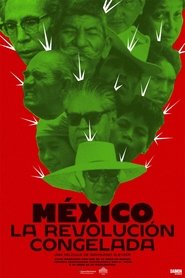 A thorough analysis of the sociopolitics...
A thorough analysis of the sociopolitics...Mexico: The Frozen Revolution 1973
A thorough analysis of the socio-politics of Mexico, within the historical context of the Mexican Revolution reality. Includes footage from the 1910s, interviews with farmers, politicians, intellectuals, middle class, union, etc, as well as scenes from the life of an Indian family in Chiapas, their religious rituals, their crops, trials and bilingual schools. The film ends with the slaughter in the Plaza de Tlatelolco in 1968, during the infamous Olympics.
 A short documentary that chronicles the...
A short documentary that chronicles the...Psychoprophylaxis 1970
A short documentary that chronicles the journey from pregnancy to childbirth for two women, one from the middle class and the other from the lower class. The middle-class woman will undergo childbirth using psychoprophylaxis and will be assisted with exercises and training, while the low-income woman will receive care only in a public clinic.
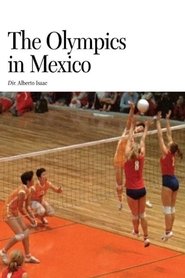 Documentary about the XIX Olympic Games...
Documentary about the XIX Olympic Games...The Olympics in Mexico 1969
Documentary about the XIX Olympic Games in Mexico City in 1968. Preserved by the Academy Film Archive in partnership with Sony Pictures Entertainment in 1999.
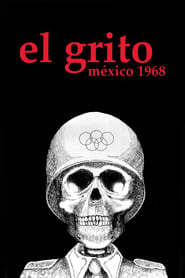 In the summer of revolt 1968 student...
In the summer of revolt 1968 student...El grito 1968
In the summer of revolt 1968, student Leobardo López Aretche captured the protests in Mexico City, and the state’s brutal response, up close – and like many of his subjects and fellow comrades, would pay a high price for his audacity. Fifty years later, his movie is no longer a secret.
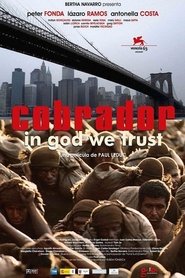 Adaptation and unification in a single...
Adaptation and unification in a single... A journey that begins in prehistory...
A journey that begins in prehistory...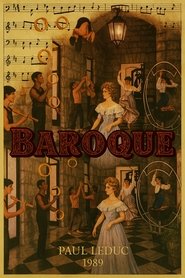 A series of images music and...
A series of images music and...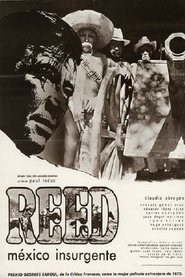 A dramatization of John Reeds newspaper...
A dramatization of John Reeds newspaper...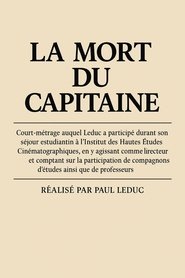 Short film Leduc participated in during...
Short film Leduc participated in during...